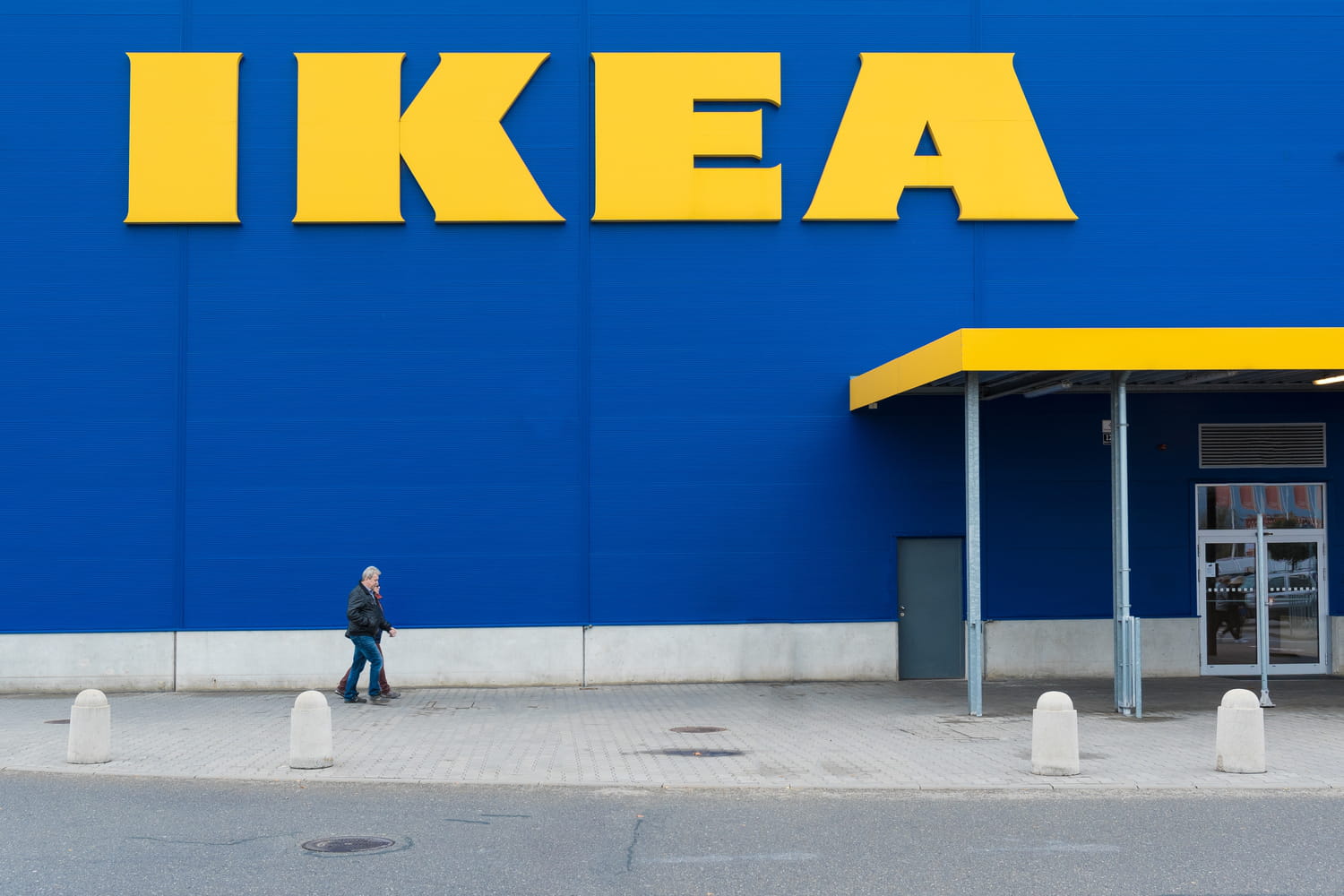Finally ! The sea serpent of the creation of a real tax status for private landlords, demanded for 10 years by owners’ associations and the real estate industry for relaunch rental investmenthas never been closer to seeing the light of day. This Friday, November 14, at the end of the evening, the National Assembly adopted an amendment from deputy Charles de Courson (Libertés, independents, territories, overseas, Liot), which, sub-amended by deputies from different political parties, proposes, for any rental investment made from January 1, 2026 and until December 31, 2028, and intended for long-term bare rentalto deduct each year from the rent a fraction of the purchase price of the property, according to the depreciation mechanism that exists for furnished rentals.
This depreciation rate amounts to 3.5% for new housings – which must be apartments and not houses – and perhaps increased by up to 5.5% if the lessor rents them at rates significantly below market prices. Free market rents are also excluded from this system. Concretely, to benefit from it, you must charge intermediate rents, approximately 15% lower than the market, social or very social. For old homes, the depreciation rate is 3%increased by 0.5 or 1 point if you charge social or very social rents. Please note, the accommodation must have undergone work representing at least 20% of its purchase price.
A rental commitment of at least 12 years
To benefit from these depreciation rates, you will also have to commit to rent the property for at least 12 years. This tax advantage is also conditional on renting the accommodation to a person other than parents, children, grandparents, grandchildren, brothers and sisters. Furthermore, the amount of your depreciation cannot exceed 8,000 euros per year.
For Valérie Létard, Liot deputy and predecessor of the current Minister of Housing Vincent Jeanbrun, the Assembly thus “found a way between the government’s very weakly ambitious amendment (which proposed a depreciation rate of only 2% only in new buildings) and the report of the Daubresse-Cosson parliamentary mission», which recommended a rate of 5% for new buildings and 4% for old buildings. Proposals deemed too costly for public finances.
“Poor man’s pinel”
Eric Coquerel, vice-president of the Finance Committee of the Assembly, pointed out for his part “a poor man’s Pinel”in reference to the rental investment system abolished on January 1, 2025, which does not constitute not “the big evening” of the current housing crisist. Note that the Assembly at the same time adopted an amendment which lowers the depreciation of furnished rentals to the single rate of 2% for renters subject to the real tax regime, judging the increase in this type of rental “worrying” and therefore wishing to make the depreciation for bare rental more attractive.










